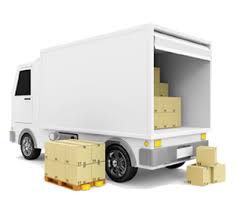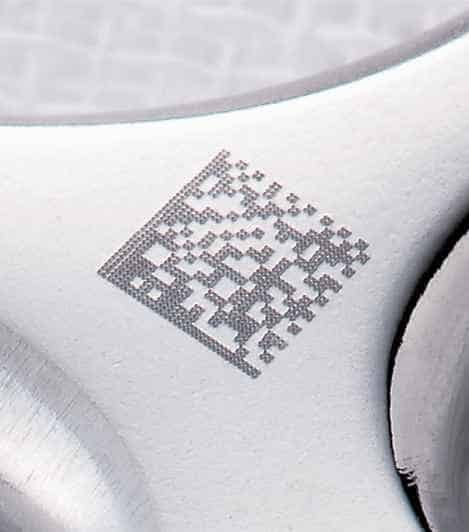If you own a fleet of vehicles, whether for making deliveries or hauling goods cross-country, GPS tracking can save you time and money. Here are five of the biggest and best benefits associated with utilizing GPS tracking in your fleet management practices.
In this article...
#1 – You’ll Save Money on Fuel
There are two things that lead to excessive fuel consumption – driving too fast and taking too many detours. GPS tracking can help you alleviate both. It will allow you to track how fast your fleet travels, and it will even allow you to retrace your driver’s route long after it has been completed. When you can get speed under control and make sure your drivers are using the best possible routes, your fuel consumption and costs will drop sharply, and that’s always appreciated.
#2 – You’ll Improve the Behavior of Your Drivers
GPS tracking does much more than just tell you where your fleet is at any given time. It can even help you better understand your drivers’ behavior. For example, as mentioned above, it can help you determine the speeds they use and the routes they take. It can also help you identify their engine start-up and shut-down times as well as the time they spend idling outside of traffic. In fact, this information might even help you automate timesheets if you have the right integrated software, which can keep your drivers on their toes.
#3 – You’ll Increase Security and Safety
Although you may not want to think about it, there’s always a chance that one of your vehicles may be stolen. When you have a GPS tracking device, your odds of recovering that vehicle increase significantly. What’s more, some systems even let you know when someone is driving that vehicle after-hours, which can come in handy if your company vehicles are driven home each night by your employees. That’s even more fuel savings, and it may translate into savings on your insurance premiums, too.
#4 – You’ll Provide Better Customer Service
Because your dispatchers can see where every vehicle in your fleet is at any given time, they can help them find their way to job sites far more easily. This means that more drivers arrive on time, and more customers are satisfied than ever before. You’ll also have verifiable proof that a job was done according to estimates, which can help you make sure that you’re billing customers appropriately.
#5 – You Can Generate Concise Reports
Last, but most certainly not least, you can generate reports in just a few clicks that can help you better understand how your fleet is operating. You can create a report for one driver or for all drivers, and you can even separate your reports by shifts or vehicle types. This makes it easy for you to find the information you need as soon as you need it rather than depending on reports provided by drivers.
As you can see, the benefits of using GPS to manage your fleet are numerous, but they all improve your business significantly. Whether you’re saving money, improving safety, boosting security, or providing a better service to your customers, it’s all going to help you succeed in the long run.



